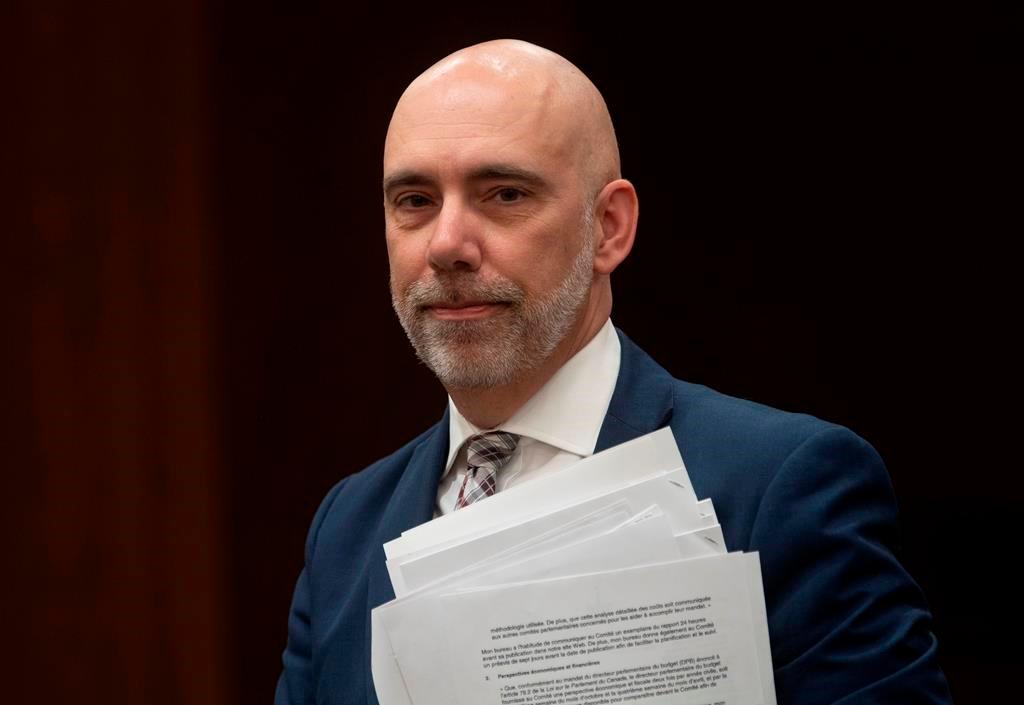The Parliamentary Budget Officer (PBO) is forecasting a growth in the deficit and inflation to fall to 2 percent amid a weak economy in 2024.
The PBO outlined its predictions on the Canadian economy in a March 5 report.

The Parliamentary Budget Officer (PBO) is forecasting a growth in the deficit and inflation to fall to 2 percent amid a weak economy in 2024.